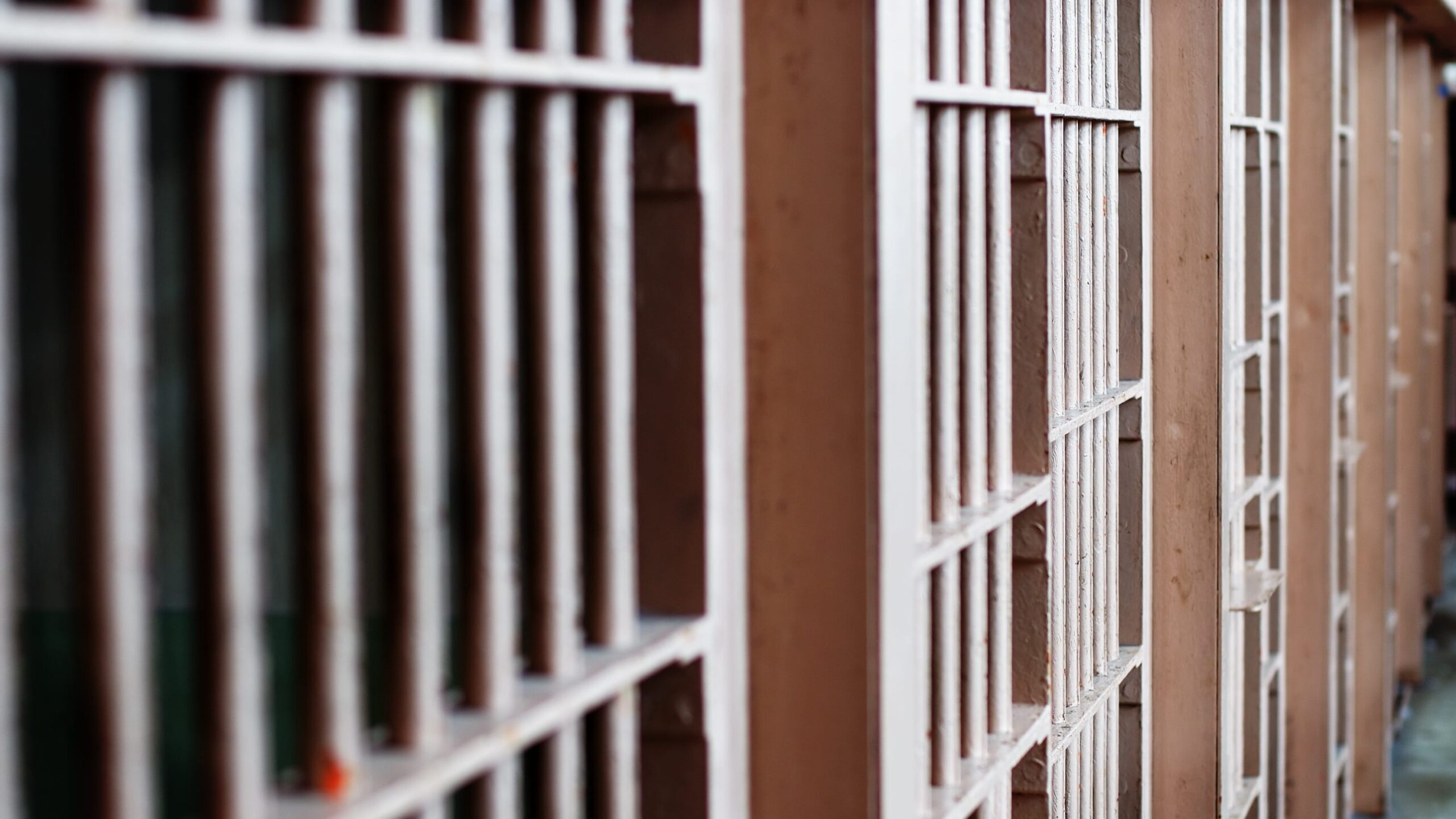
Florida is no longer just the leader in banned books in schools, it’s also leading the nation in the number of banned books in prisons, too, according to a new report from PEN America.
The report may not come as a surprise to many as single-state prison systems are bigger censorship culprits than schools and libraries combined, according to PEN America.
The report, which was based on open record requests, shows that more than 22,000 books have been banned from Florida prisons as of early 2023, with records dating back to the 1990s.
Here’s what to know.
Florida books banned in schools:Florida has banned nearly 400 books in schools. Here’s the full list
Why do prisons ban books?
PEN America says that censorship in prisons is commonly justified for rehabilitation, maintenance of safety and security reasons. However, prisons employ a wide and varied rationale for which books are censored.
Sexual content was the most common reasoning for banning books in prisons, according to PEN America’s report.
In Florida, literature flagged for both sexual content and security threats includes ”365 Sex Moves,” Esquire and Cosmopolitan magazines, ”Alchemy: The Secret Art,” and ”The Girl with the Lower Back Tattoo,” a memoir by Amy Schumer.
How do prisons choose which books to ban?
The Federal Bureau of Prisons (BOP) and the Departments of Corrections (DOCs) in all 50 states and the District of Columbia censor books. One way they choose what books to ban is based on the alleged threat of their content.
This way of banning books is similar to how books have been banned in public schools and libraries. If a book presents ideas or concepts that could be “threatening,” they could be placed on a list that bars the book from being read in any state prison.
Florida leads in book bans:PEN America reports book bans in Florida and U.S. grow by the thousands. What we know
There is a second form of censorship in prisons that PEN America says is even more invasive — content-neutral restrictions. Through this form of censorship, state prisons can ban books based on several reasons not related to the book’s contents.
For instance, content-neutral censorship could lead to a book being rejected based on who the sender is, whether the incarcerated person had permission to receive the book or even the book’s appearance, according to PEN America.
In many states, incarcerated people can only receive books through approved vendors, such as Amazon or Barnes and Noble. An Idaho Department of Correction spokesperson told the Associated Press that these types of restrictions have become necessary because of “an increase in the amount of drug-soaked mail being sent to our residents.”
How did PEN America get this data?
PEN America was able to acquire the data through FOIA requests between January and July 2023. The public disclosure requests were submitted by email to FOIA personnel or through FOIA websites for all 50 states, the District of Columbia and the Federal Bureau of Prisons.
These requests specifically asked for their censorship policies, their lists of banned titles and the number of appeals filed by incarcerated people and their publishers. An example of their requests along with other research-gathering documents can be found here.
What books have been banned in Florida prisons?
Amy Schumer’s memoir “The Girl with the Lower Back Tattoo” was flagged by Florida officials for graphic sexual content and for being “a threat to the security, order, or rehabilitative objectives of the correctional system or the safety of any person.”
Other books to appear on banned lists: Sun Tzu’s “The Art of War,” the compilation “Prison Ramen: Recipes and Stories from Behind Bars,” Barrington Barber’s “Anyone Can Draw: Create Sensational Artwork in Easy Steps” and Robert Greene’s self-help best-seller “48 Laws of Power.”
A full list of the 22,000 books can be found here.

